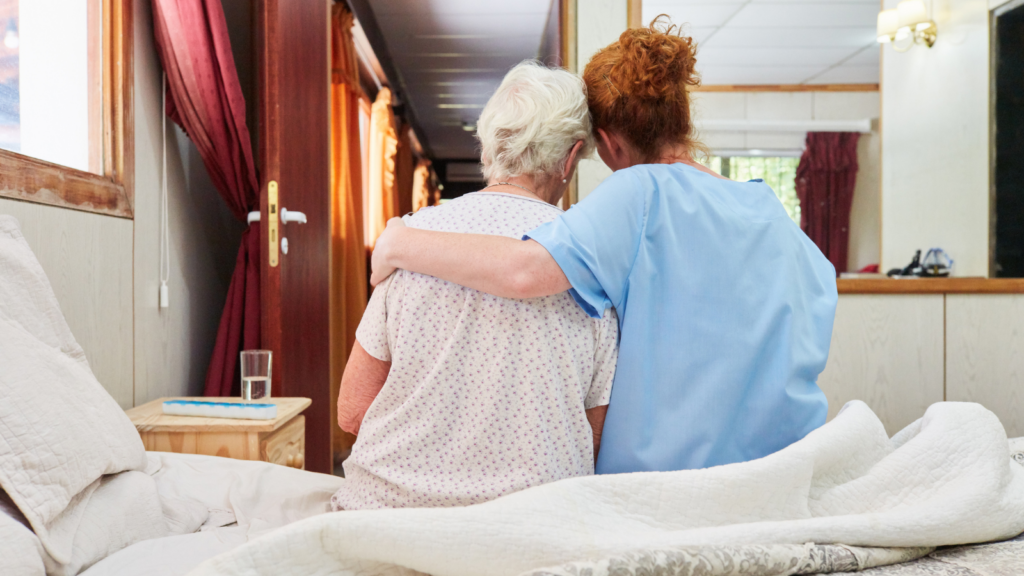65 percent of debt counselling centres in Germany are reporting an increase in demand for counselling and support compared with the beginning of the year 2022. These figures were published by the debt counselling working group of associations in Germany, of which Eurodiaconia Member Diakonie Deutschland is also part off.
About 1400 counselling centres across the country were surveyed for the poll. The results show that the counselling centres are increasingly helping people in Germany with energy and rent debts with the pledge of state aid or budget counselling. In almost half (48%) of the counselling centres surveyed, “energy debt” occurs more frequently as a reason for counselling than in the previous period. In this regard, the counselling often involves basic questions, such as whether the apartment is heated in winter or whether food can be bought.
It is not only the increase in the use of food banks and welfare stores by young people and pensioners that make it clear that financial difficulties can be found in the centre of society. It is also the fact that taking out loans is becoming more socially acceptable and economically desirable among certain groups, driven by low-interest rates in the past, instalment loans, and “buy now – pay later” offers by online retailers, which have increased significantly during the pandemic. Thus, predictably controlled debt quickly turns into over-indebtedness.
Stakeholders involved in social debt counselling have been calling for a right to free debt counselling for everyone for several years. However, this requires adequate counselling centres, counselling staff and long-term funding. The exploding demand is pushing the counselling centres to the limit, leading to long waiting lists for those urgently needing support.
Click here to read the full press release in original language (German).



